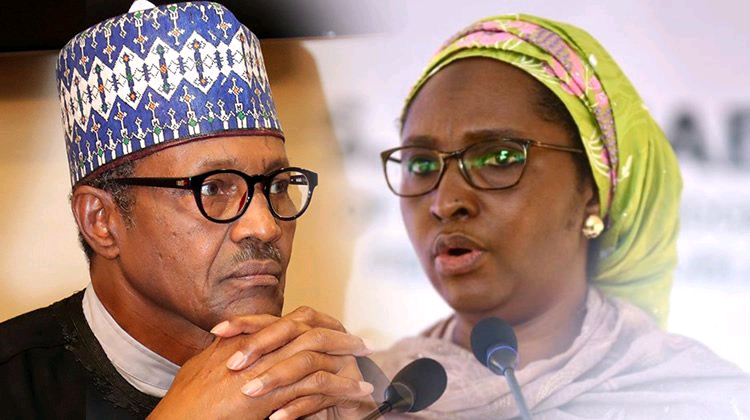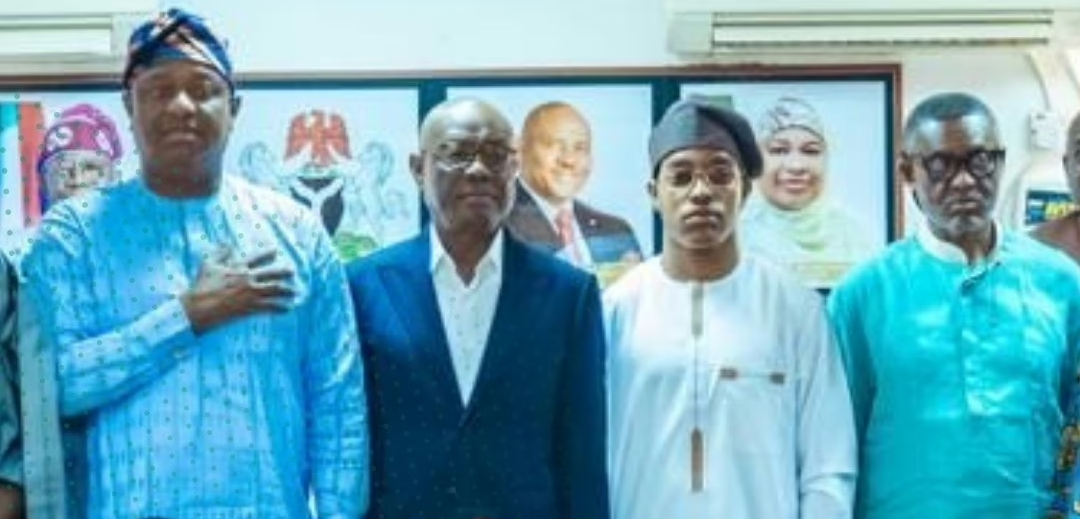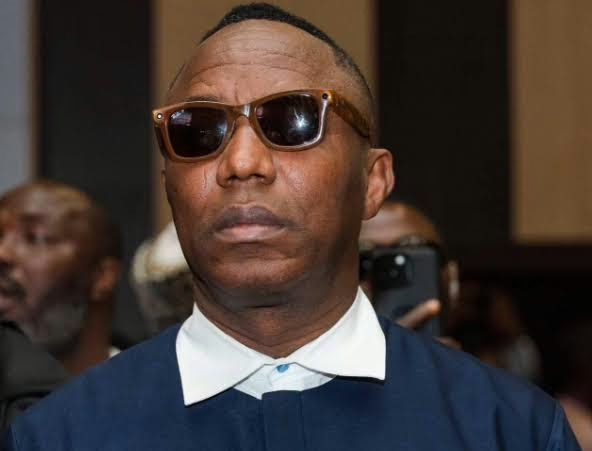Nigeria’s July inflation rate jumped to 19.64 per cent from 18.60 per cent in June, signaling a looming cost of living crisis in Africa’s most populous nation.
According to the National Bureau of Statistics, the 19.64 per cent inflation represents the country’s highest inflation in 17 years.
The Statistician-General of the Federation and Chief Executive Officer, National Bureau of Statistics, Prince Semiu Adeniran, said this in the Consumer Price Index for July 2022 released by the bureau in Abuja on Monday.
Economists and other stakeholders, in separate interviews with The PUNCH, warned that the rising inflation would worsen hunger in the country, adding that the government risked mass protests similar to the one in Sierra Leon recently.
Giving a breakdown of the report in a statement, Adeniran said the CPI measures the average change over time in the prices of goods and services consumed by people for day-to-day living.
According to him, it was a core macroeconomic indicator used in the derivation of the inflation rate for policy, planning, and monitoring of an economy.
Adeniran said the report showed that in July 2022, on a year–on–year basis, the headline inflation rate was 19.64 per cent.
This is 2.27 per cent points higher compared to the rate recorded in July 2021, which was 17.38 per cent,” he said.
“This shows that the headline inflation rate increased in July 2022 when compared to the same month in the previous year of July 2021.”
On a year-on-year basis, the urban inflation rate was 20.09 per cent, which was 2.08 per cent higher compared to 18.01 per cent recorded in July 2021, the NBS said.
The July 2022 rural inflation rate was 19.22% per cent, compared to the 16.75 per cent recorded in July 2021.
Similarly, the food inflation rate in July 2022 was 22.02 per cent on a year-on-year basis, which was 0.99 per cent higher 21.03 per cent in the corresponding period of 2021.
Sierra Leone’s crisis
Crisis erupted in Sierra Leone in August following high food prices in the West African nation. The country’s government imposed a curfew after 20 persons, including the police and civilians, were killed in violent clashes in the West African nation last week.
Like Nigeria, inflation rate has doubled in Sierra Leone in the last 18 months, moving from 11.9 per cent in February 2021 to 24.9 per cent, pushing the poorest of the poor into misery.
In the light of the rising inflation, business groups have asked Nigerian policy makers and the country’s President, Major General Muhammadu Buhari (retd.), to buckle down their shoes and save the country from a looming danger.
The International Co-ordinator, Advocate for People Right and Justice, Victor Giwa, said Nigeria was at the point of embarking on a protest similar to that of Sierra Leone as the average Nigerians could hardly survive in the country.
He, therefore, advised the government to engage and listen to the demands of the citizens.
The Director-General of the Nigerian-American Chamber of Commerce, Sola Obadimu, who also spoke with The PUNCH, said the worsening inflation crisis stemmed from bad management of the economy, which was steering the country towards tougher times.
He said, “There are natural consequences of bad economic management. That is why you see mass emigration. This is a consequence of a failing economy, a failing nation. The currency is increasingly becoming worthless. The economy is not being managed well. The economy is not supposed to be managed by the CBN governor. He has his own aspect to manage, which is the monetary. Inflation is now at an uncontrollable level. You go to a store, you buy something for N2. When you go there tomorrow, it’s N5.
“By the time you go the following week, you meet another price entirely. Nobody is doing anything about it. We are just talking about May 2023, but what happens between now and May 2023?”
The Chairman, Human and Environmental Development Agenda, Olanrewaju Suraj, said the NBS statistics had only proven it was imperative for Nigerians to take civil action and demand better and improved living.
Speaking with our correspondent, he said, “I am not going to advise the government to avoid mass action but I am going to advise Nigerians to actually take the appropriate civil and legal actions, including civil disobedience in terms of demanding for better services from people that are either appointed or elected into public offices.”
According to him, the level of insecurity was a serious concern, noting that “the president has refused even in the face of obvious reason to act by removing non-performing officials.”
Suraj added, “For that reason, it is obvious the President and his government are taking the people for a ride and it is important for people to show their displeasure otherwise, it is just going to be business as usual on the part of government and its officials.”
A Professor of capital market and Chairman Chartered Institute of Bankers of Nigeria, Abuja Branch, Prof Uche Uwaleke, said, “The increase in headline inflation for month of July was expected against the backdrop of rising inflation globally on account of supply chain disruptions from the Russian Ukrainian conflict.
“This outcome buttresses the argument that the monetary approach to tackling cost-push inflation does not lie in a hike in the Monetary Policy Rate.
“Recall that the MPC in its meeting last month increased the MPR by 100 basis points in a bid to tame inflationary pressure.
“The reality is that inflation expectations will continue to grow as long as the cost of petroleum products, electricity, exchange rate and insecurity continue to rise.”
According to him, the rising government deficits and borrowing tend to compound the problem.
“I think the increase in core inflation has a lot to do with the recent scarcity of forex and associated volatility in exchange rates,” he added.











Leave a Reply